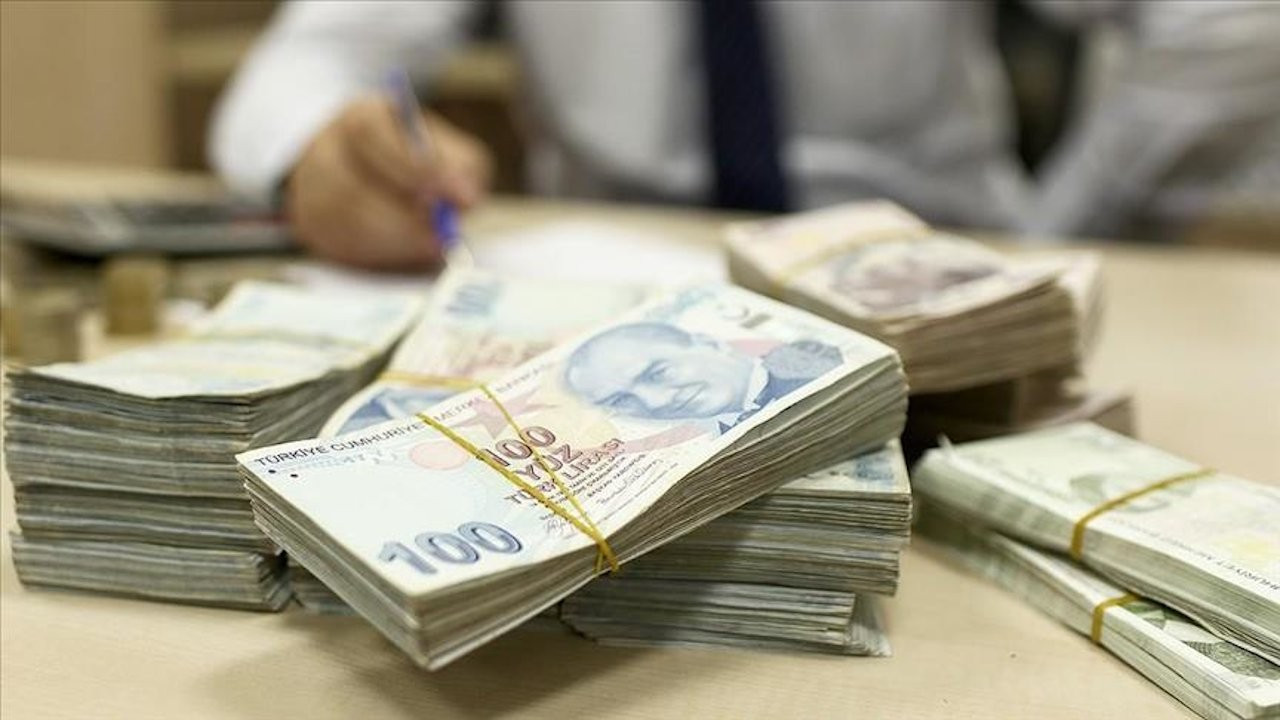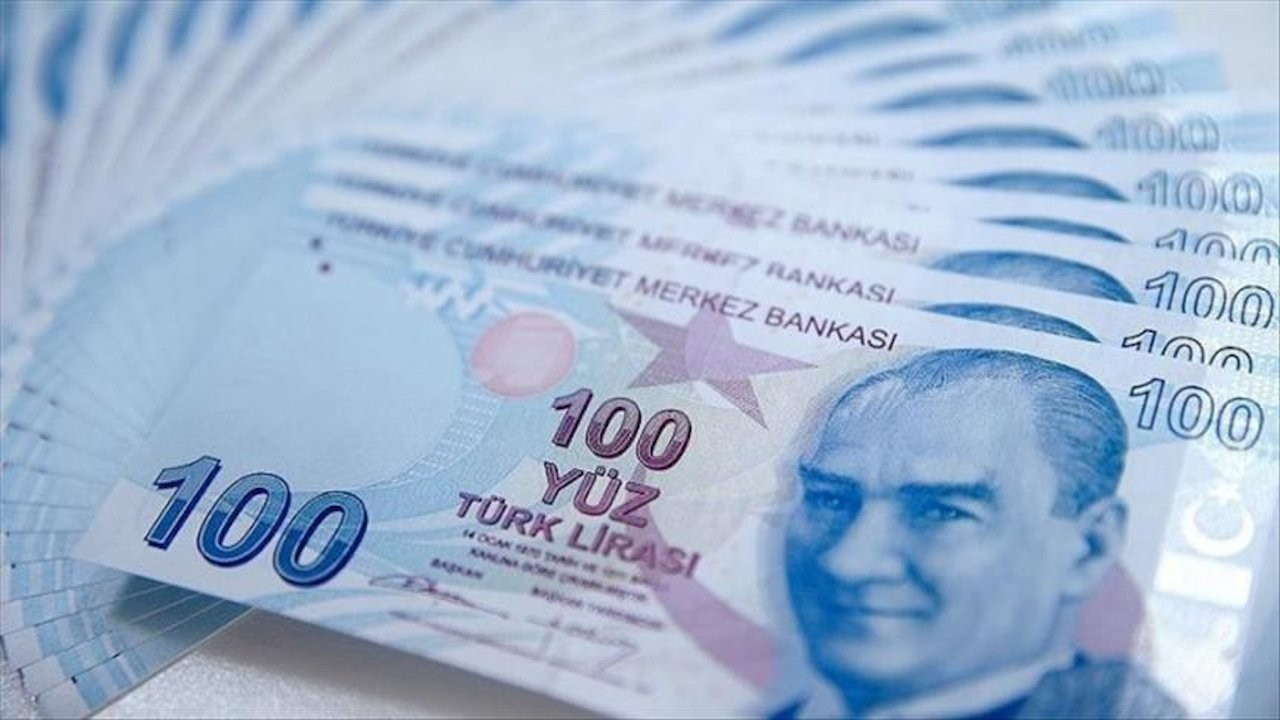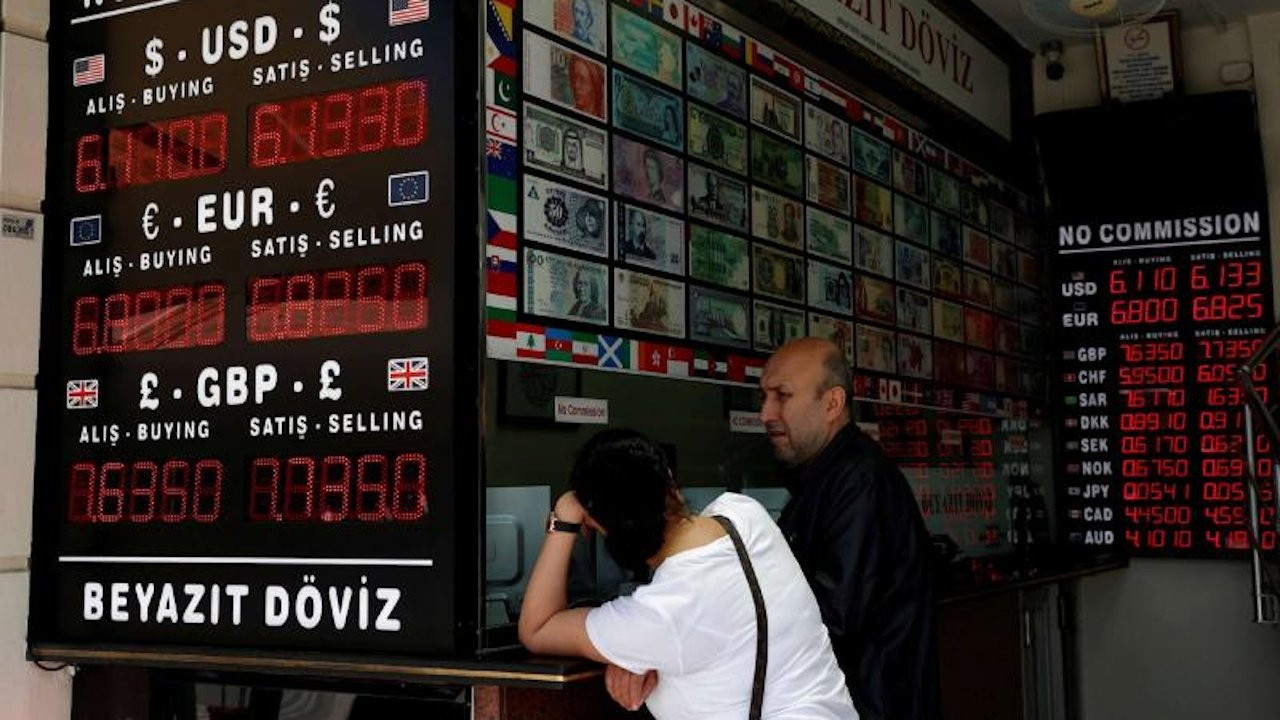Turkey's main stock index plummets, triggers circuit breakers for second day
Turkey’s main stock index sank more than 5%, triggering market-wide circuit breakers for a second day as a market selloff continued in the wake of Erdoğan's abrupt move to sack hawkish Central Bank governor Naci Ağbal.
Duvar English
Turkey’s main stock index sank more than 5%, triggering market-wide circuit breakers for a second day as a market selloff continued in the wake of the Central Bank chief’s surprise dismissal at the weekend.
The Borsa Istanbul 100 Index fell 5.4%, extending its sharpest slump in almost eight years. The exchange was forced to halt trading on March 22 for intervals of 30 minutes when the gauge fell by 5% then by 7%. On March 23 a single-day uptick rule will come into effect to discourage shorting stocks, Bloomberg reported.
President Recep Tayyip Erdoğan's ouster of Naci Ağbal prompted speculation the monetary authority will break with his hawkish policies, sparking a slump in the lira and sending 10-year bond yields higher by more than 4 percentage points. Foreign investors have a big presence in Turkey’s banking industry and the nation’s lenders have led the equity declines.
Erdemir and Garanti fell 7.6% and 9.9%, respectively, helping push the Borsa Istanbul Banks Index down 7.9%. Istanbul-based brokerage Ak Investment removed Garanti BBVA and Yapı Kredi, the two Turkish lenders it had on its top picks list, from its model portfolio on March 22 citing “rising market volatility.”
The lira traded 0.9% lower as of 09:59 a.m. in Istanbul against the U.S. dollar after plunging 7.5% on March 22.
“In emerging market economies, monetary policy is no more an internal affair for governments,” Mohammed Ali Yasin, the chief strategy officer at Al Dhabi Capital Ltd. in Abu Dhabi, told Bloomberg. “Rather it’s a perception of how the financial world judges what’s best for the economy of that country.” His firm was planning to add exposure to Turkish shares before this week.

 Turkey could resurrect past defences of battered currencyEconomy
Turkey could resurrect past defences of battered currencyEconomy Liberal exchange regime to continue resolutely: Turkish Finance MinisterEconomy
Liberal exchange regime to continue resolutely: Turkish Finance MinisterEconomy Turkish lira plunges to near record lows after Erdoğan sacks hawkish cenbank chiefEconomy
Turkish lira plunges to near record lows after Erdoğan sacks hawkish cenbank chiefEconomy